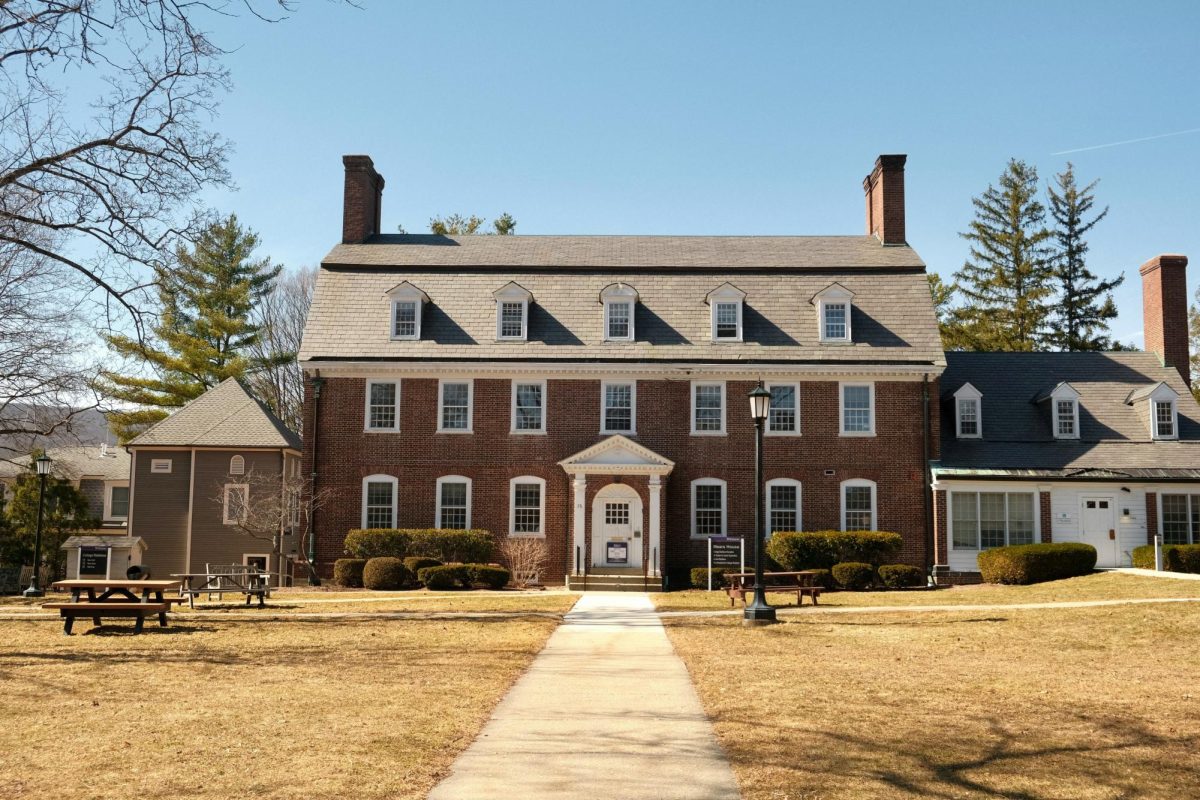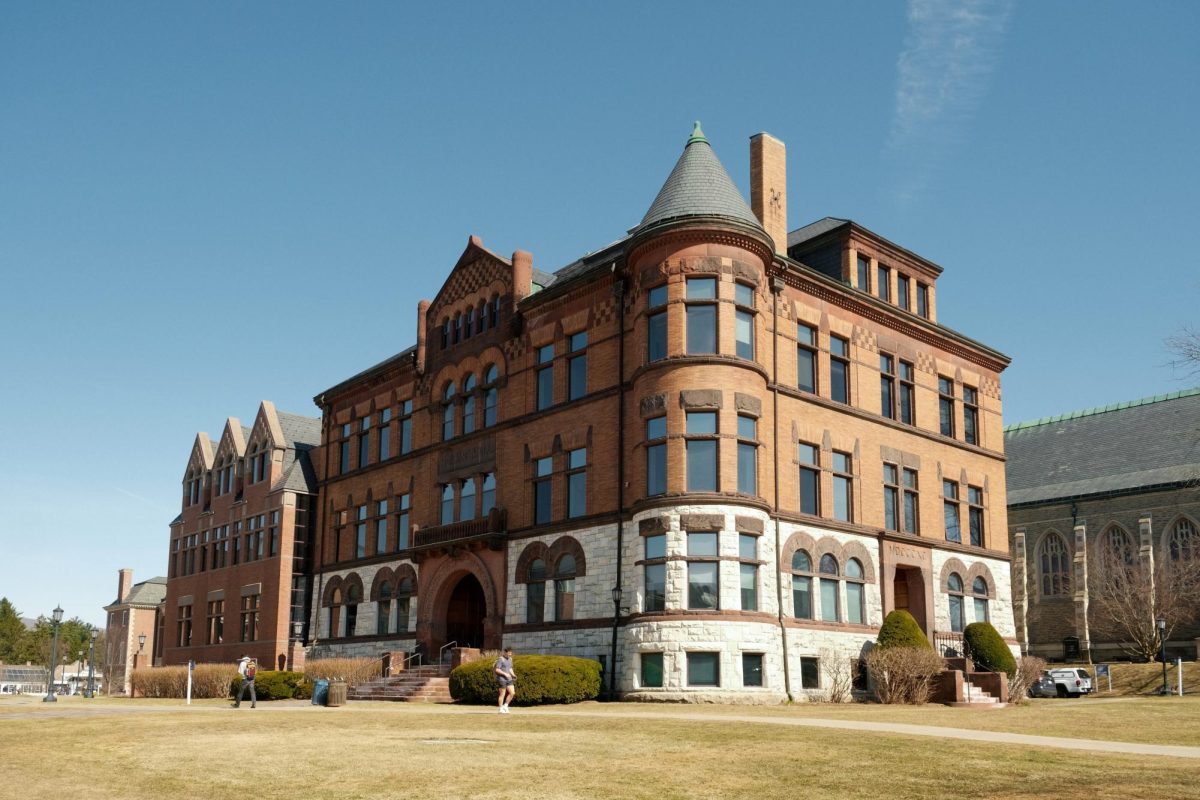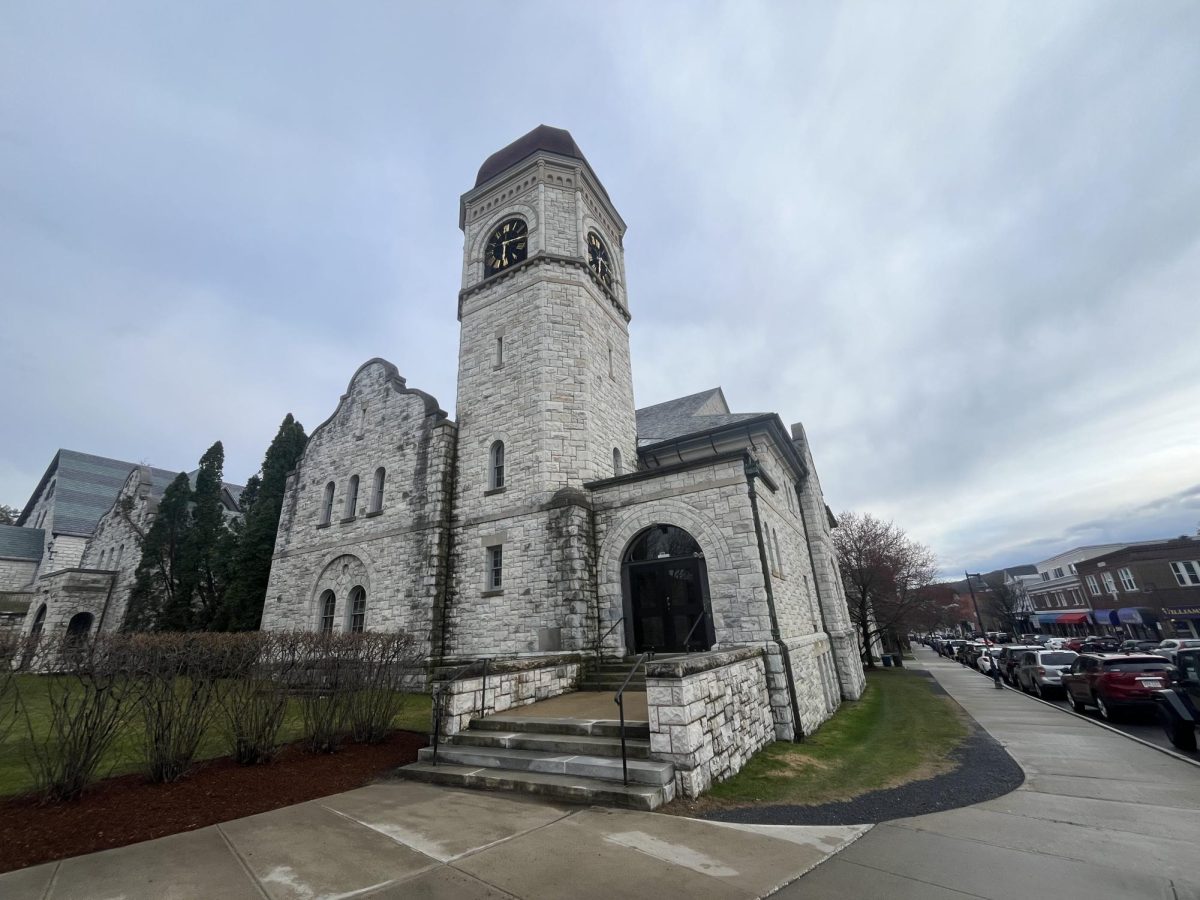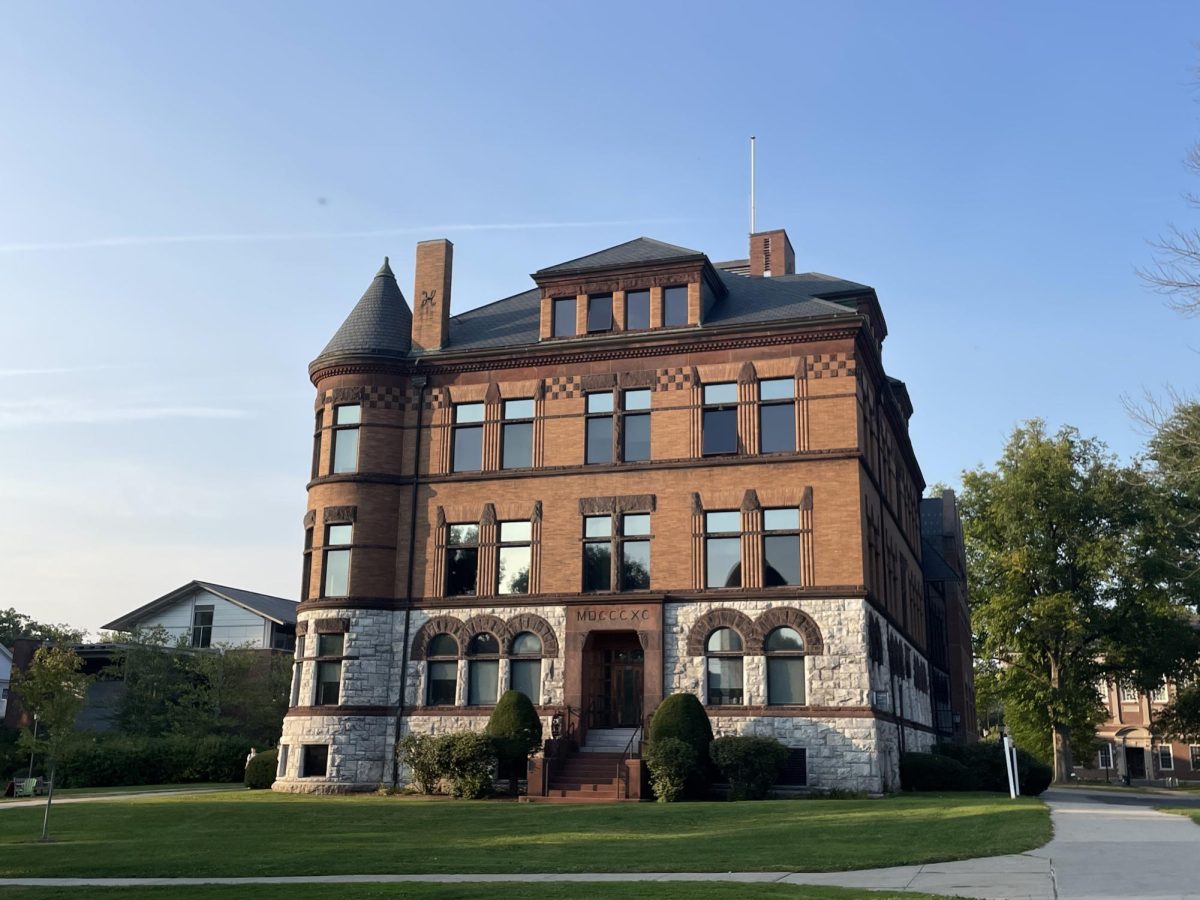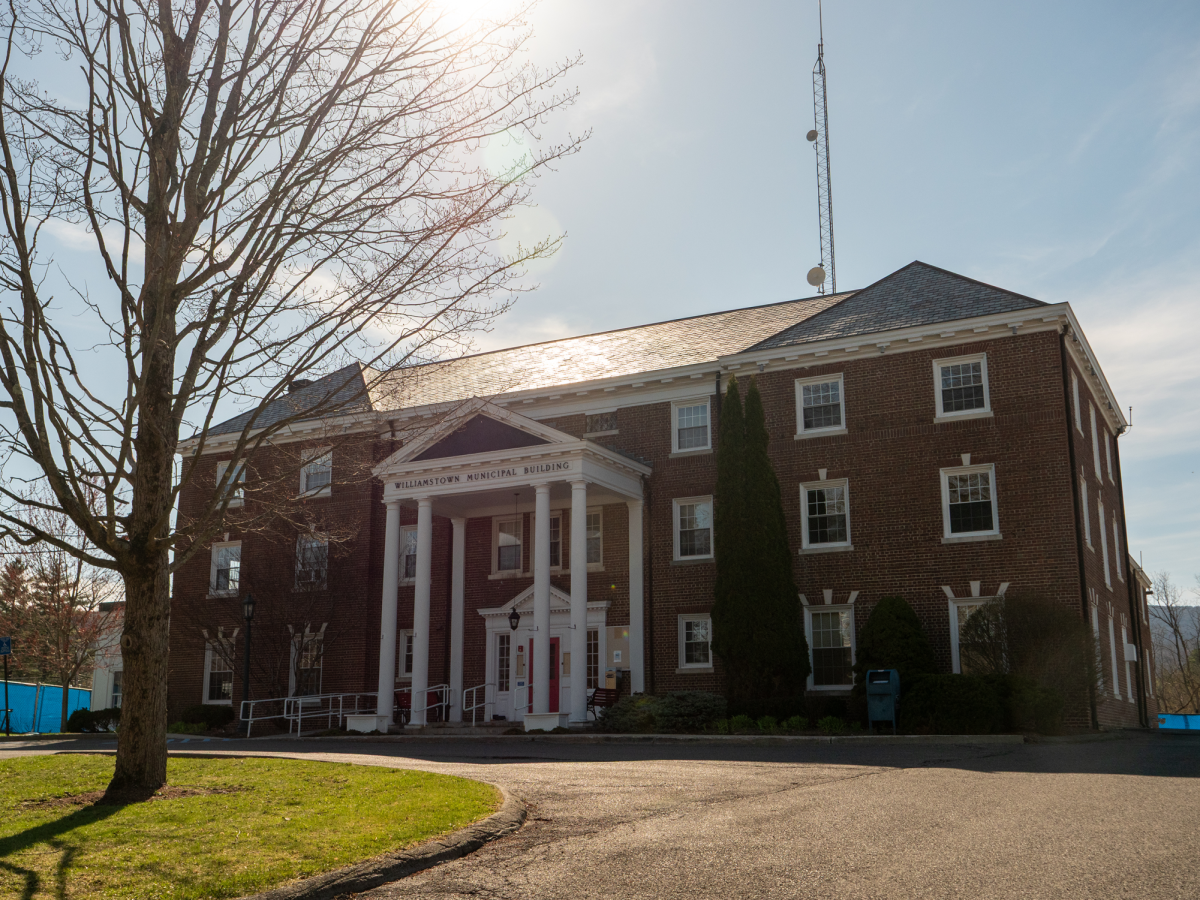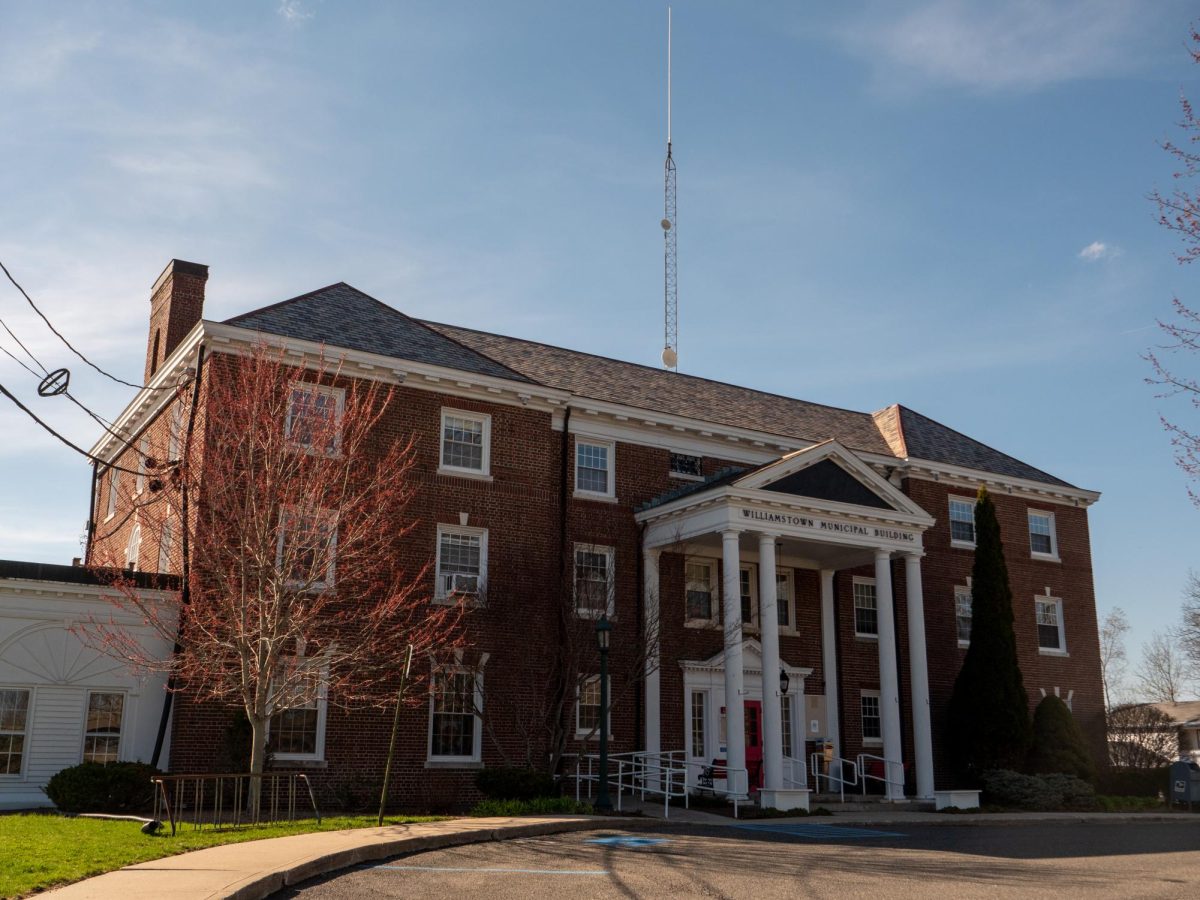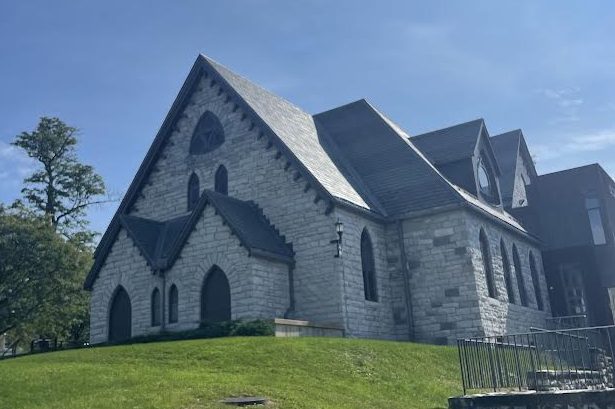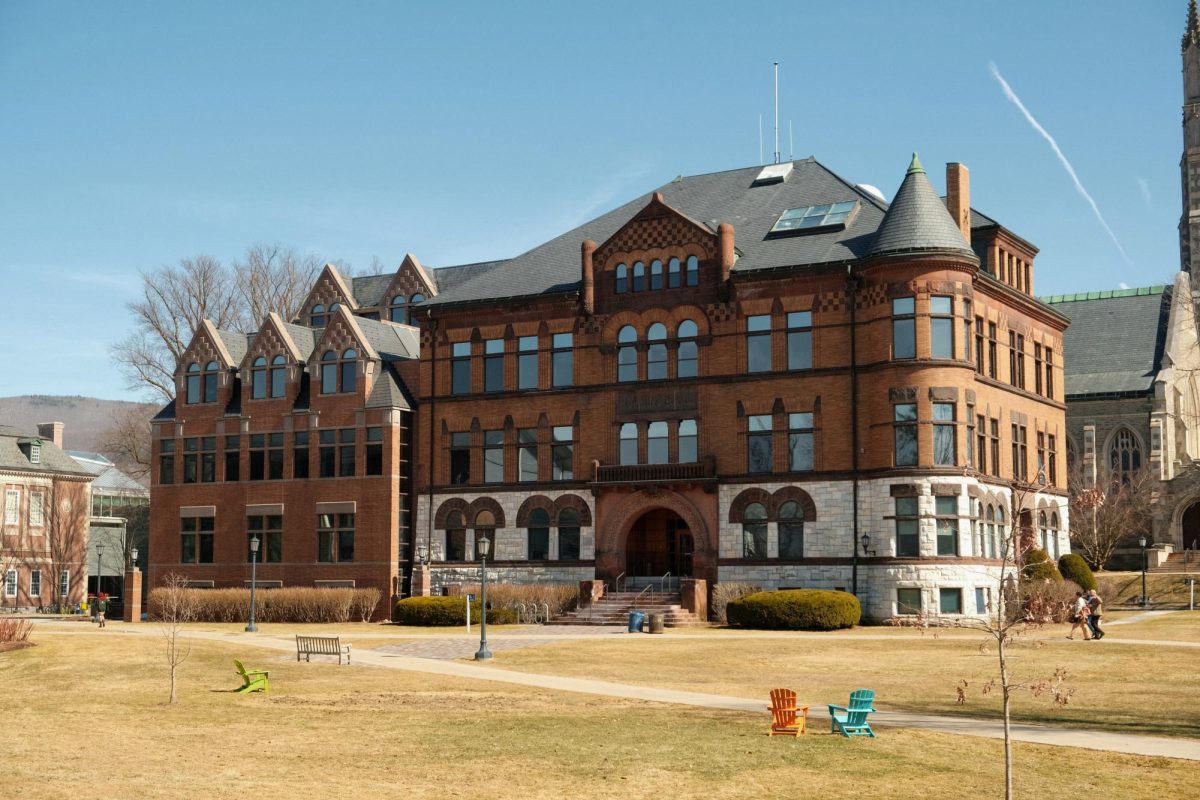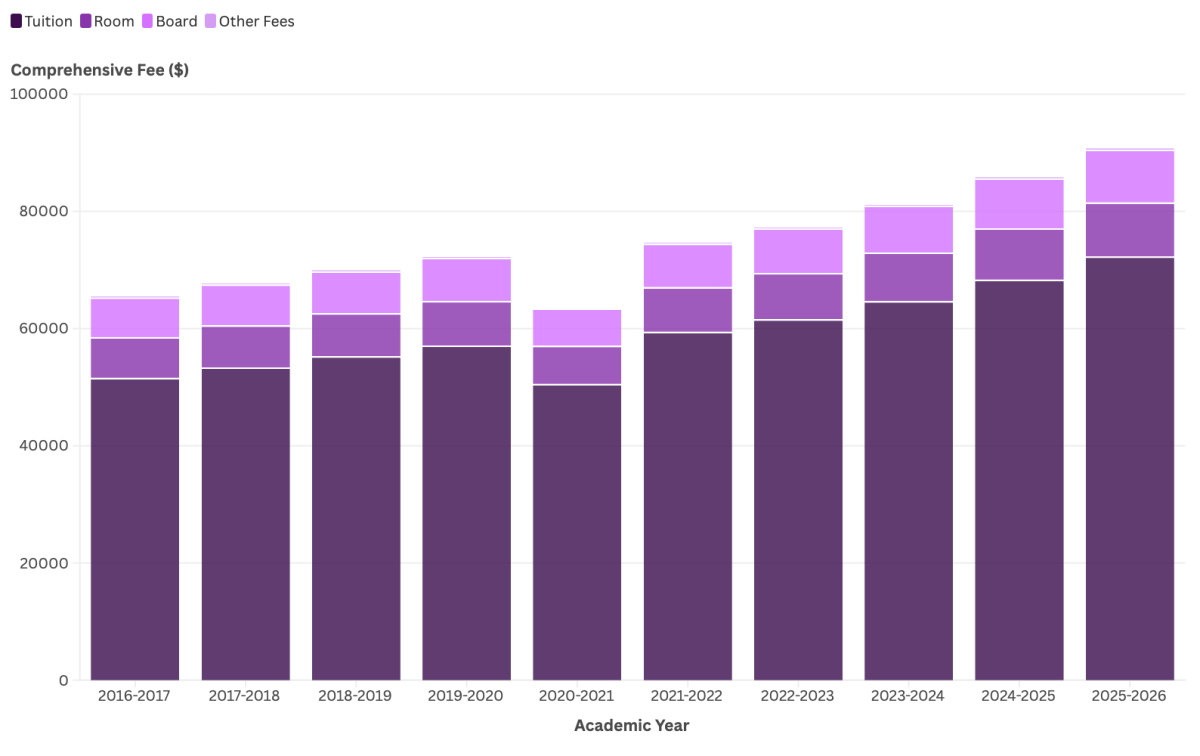In light of COVID-related restrictions, Williams Recovery of All Perishable Surplus (WRAPS) has had to make many adjustments to the way they approach their mission of collecting surplus food from dining halls and packaging it into individual meals that are then distributed to their community partners. This year, the group’s model was forced to change, as public health guidelines prevent students from handling food and using most kitchen spaces.
“We have nothing to package and are not allowed to package even if we did,” said club leader Katrina Wheelan ’21. Instead, the organization has come up with new ways to combat food insecurity, such as a food drive for students’ leftover quarantine care packages — and have sometimes run up against the College bureaucracy along the way.
WRAPS provides a much-valued service to the Berkshire County community. As of 2019, approximately 16,000 Berkshire residents, or 12 percent of the population, are food insecure — a rate 2 percent higher than the national average. According to Wheelan, WRAPS packages, freezes and delivers approximately 100 meals a week in a normal year, which is donated to their community partners for distribution. WRAPS has also worked to ameliorate a fruit and vegetable deficiency in people’s diets by partnering with local grocery store Wild Oats, a program that they have continued this year.
Along with continuing their previous efforts where possible, WRAPS student leaders have devised new programs to combat food insecurity under different circumstances. They are currently partnering with Williams for Williamstown to purchase restaurant meals and donate them to their community partners.
However, WRAPS’ most visible effort has been their food drive, where, in a campus-wide effort, WRAPS asked students to donate their leftover quarantine non-perishables. With nearly all dorms participating, Taylor McClennen ’22 estimates that the club is collecting food from at least 50 percent of on-campus students, and they have aimed to increase this participation through continued campus outreach by providing information about drop off times and locations on their Instagram, @ephwraps.
Yet, though the WRAPS board began planning for this initiative in late August, they were not able to begin collection until Sept. 28. The primary reasons for the holdup were a confusing web of authorizations and the Office of Campus Life’s (OCL) hesitance to clearly sanction any club activity. While WRAPS has always operated within the College, in the past, it mainly interacted with dining services and the Center for Learning in Action (CLiA), not OCL. However, as this project involves collection from many dorms, WRAPS’ faculty advisor, Director of CLiA Paula Consolini, urged them to get OCL’s input.
WRAPS first reached out to dining services, who were “rightfully cautious at the beginning,” McClennen said. Then, student leaders emailed Consolini, who reached out to OCL. Meanwhile, WRAPS instructed students to store their food in their rooms while waiting for any sort of response.
The lack of progress spurred the WRAPS board to write a statement of health and safety detailing the precautions they would take. Consolini sent the document to two different people in OCL; one of whom told them they needed to check with others but, weeks later, has not responded. The other forwarded the message to dining services. “I don’t know if I’ll ever hear back from operations,” McClennen said.
According to Associate Director of Campus Life Mike Bodnarik, OCL requires all clubs to submit a proposal for any in-person event, meeting or program. OCL verifies that all proposals comply with the College’s “Community Health Commitment” and Massachusetts Guideline for Gatherings and that the club’s advisor is in support of the activity. If everything is approved, OCL sends an email to the student and faculty advisor notifying them.
Bodnarik also said that out of the 56 requests OCL received, the office has been able to accommodate all of them. WRAPS had not filled out OCL’s form when initially emailing Bodnarik, and they did not receive a direct response. McClennan said she also reached out to OCL about collecting the quarantine care packages placed in empty dorms rooms and, though she saw dining hall staff collecting the food later, she never got a response from OCL.
While WRAPS’ initial plan was to place bins in dorm common rooms, OCL’s silence at the time compelled leaders to switch to an individual-based approach: Volunteers personally messaged their dorm GroupMes asking residents to donate their excess food and stored the donations in their rooms while waiting for the go-ahead.
This method was about “doing it in a way that we didn’t need approval,” McClennen said. Although OCL declined to say “yes,” “Nobody ever told us not to do it, it’s not like a no,” she added. “We’re not even sure what we’re asking approval for.”
The WRAPS board later filed the OCL proposal form to organize their in-person food sorting, which was then promptly approved.
Since then, volunteers have dropped off the food at CLiA, with three or four dorms being assigned each day to ensure that all safety procedures are maintained. With the dorm collection done, WRAPS is now encouraging anyone with surplus quarantine food still remaining to drop it off at the CLiA office in Brooks House.
Starting last week, WRAPS has had volunteers sort out the perishable items, such as potato chips, from the truly imperishable foods. As of Oct. 18th, they have collected over 6560 items — around 1920 pounds of food — which will go to Mohawk Forest and local food pantries. Past club leader Marco Vallejos ’20, who is now living in Williamstown, will deliver the collected food, as College policy prevents current students from doing so at the moment.
After a long and ultimately circular process, McClennen admitted, “It’s been really frustrating but I also understand that nobody wants to say yes because no one wants to be responsible for if anything happens when we actually go ahead and do this.”
Given the safety precautions that WRAPS had outlined and the urgency of their mission, McClennen said, “I feel as if those are compelling enough reasons that the administration should not be so hesitant on this.”
This article was updated at 10:59 p.m. on Oct. 20 to clarify the chain of communication between WRAPS and OCL.



